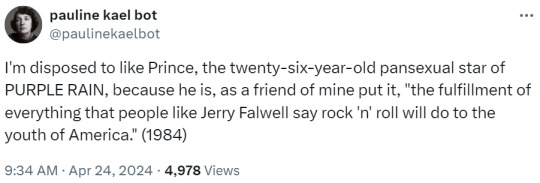#Pauline Kael
Text
Always a pleasure to be reminded how fabulously Pauline Kael wrote about film.
69 notes
·
View notes
Text
Pauline Kael (June 19, 1919 – September 3, 2001)
“Movies are so rarely great art that if we cannot appreciate great trash we have very little reason to be interested in them.”
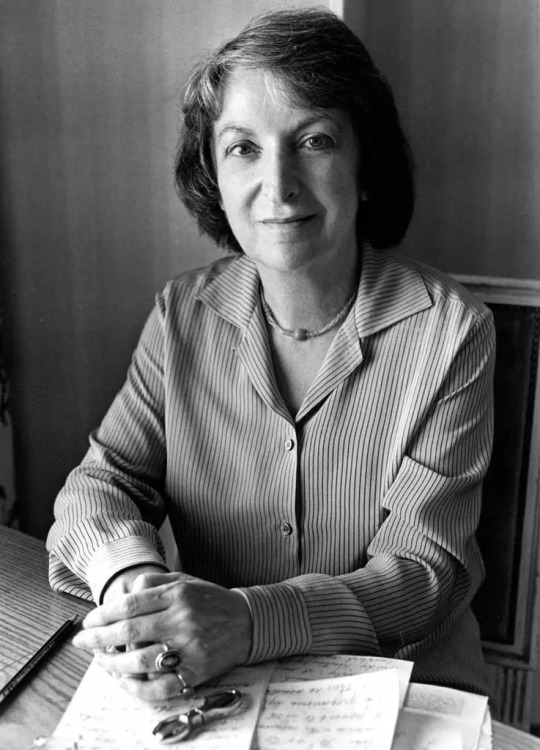
24 notes
·
View notes
Text
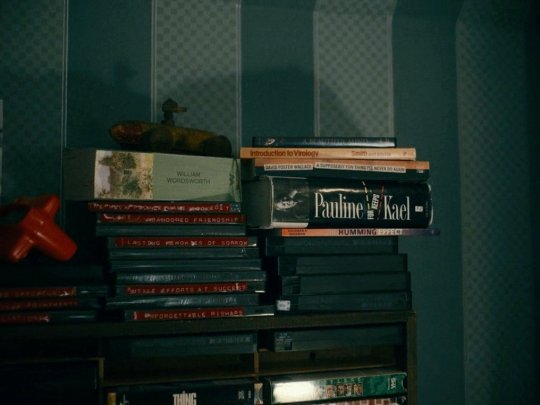
I'm Thinking of Ending Things (2020) by Charlie Kaufman
Book title
The Collected Poems of William Wordsworth (1994)
Introduction to Virology (1980) by Kenneth M. Smith
A Supposedly Fun Thing I'll Never Do Again (1997) by David Foster Wallace
For Keeps (1994) by Pauline Kael
The Humming Effect (2017) by Andi and Jonathan Goldman
#charlie kaufman#i'm thinking of ending things#the collected poems of william wordsworth#english literature#english poetry#books in movies#introduction to virology#kenneth m. smith#for keeps#pauline kael#the humming effect#andi goldman#jonathan goldman#a supposedly fun thing I'll never do again#david foster wallace#american literature
92 notes
·
View notes
Text




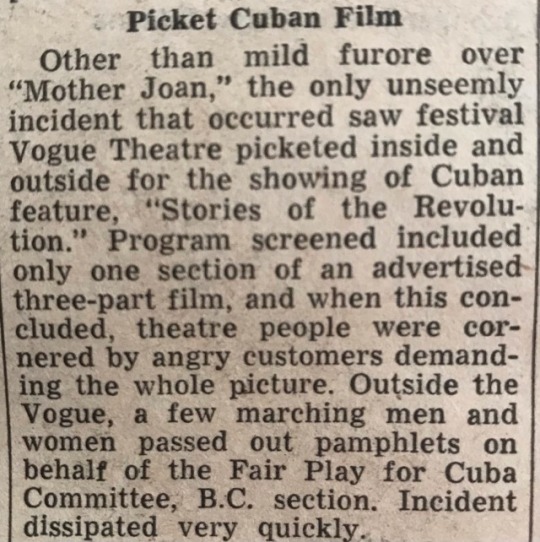
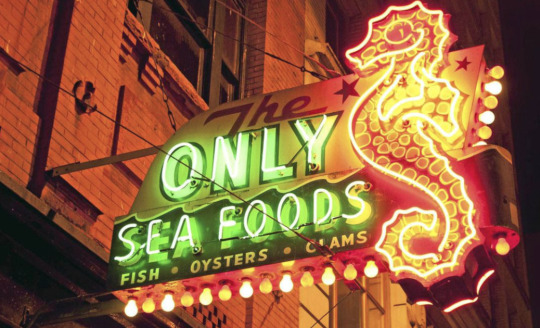
1962.
Variety panned the Vancouver International Film Festival.
9 notes
·
View notes
Text

Pauline Kael, June 19, 1919 – September 3, 2001.
13 notes
·
View notes
Text

I had no idea what Pauline kael looked like before
16 notes
·
View notes
Photo

Blow Out will be released on 4K Ultra HD (with Blu-ray) on September 6 via via The Criterion Collection. Eric Skillman designed the cover art for the 1981 mystery thriller.
Brian De Palma (Carrie, Scarface) writes and directs, inspired by Michelangelo Antonioni's 1966 film Blowup. John Travolta, Nancy Allen, John Lithgow, and Dennis Franz star.
Blow Out has been newly restored in 4K, approved by De Palma, with Dolby Vision HDR and 2.0 surround DTS-HD Master Audio. Special features are listed below.
Special features:
Interview with director Brian De Palma by filmmaker Noah Baumbach
Interview with actor Nancy Allen
Interview with Steadicam operator Garrett Brown
Murder à la Mod - 1967 feature directed by Brian De Palma
On-set photographs by Louis Goldman
Trailer
Booklet with an essay by critic Michael Sragow and Pauline Kael’s original New Yorker review of the film
John Travolta gives one of his greatest performances, as a film sound-effects man who believes he has accidentally recorded a political assassination. To uncover the truth, he enlists the help of a possible eyewitness to the crime (Nancy Allen), who may be in danger herself. With its jolting stylistic flourishes, intricate plot, profoundly felt characterizations, and gritty evocation of early-1980s Philadelphia, Blow Out is an American paranoia thriller unlike any other, as well as a devilish reflection on moviemaking.
#blow out#brian de palma#john travolta#nancy allen#john lithgow#dennis franz#criterion collection#criterion#the criterion collection#dvd#gift#eric skillman#pauline kael#80s movies#1980s movies
62 notes
·
View notes
Video
youtube
Throwback Video
Since Tarantino announced his next film will be called the Movie Critic. Everyone seems to think it’s about Pauline Kael. We probably won’t know for a while if it is or she makes a cameo or something but a lot of people are checking this video out. That’s cool I spent months getting the right audio and making this as good as possible. I’m really proud of this one so glad people are coming around to it.
16 notes
·
View notes
Text
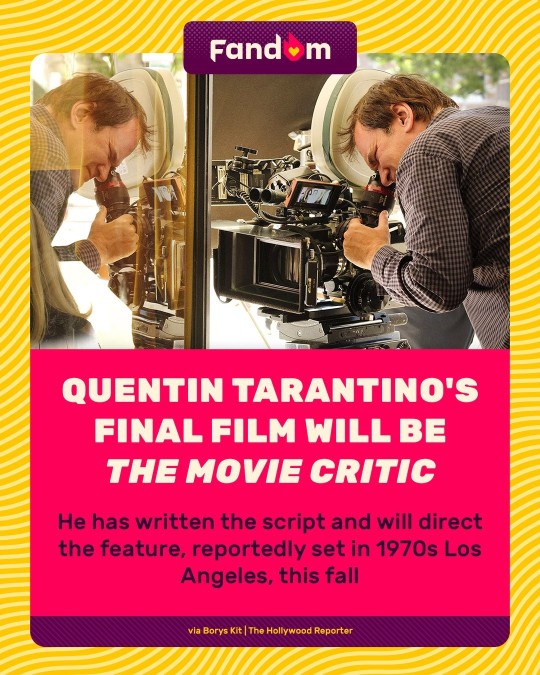
Speculation is that influential film critic Pauline Kael will be the focus of the film
9 notes
·
View notes
Text
Byrne has a withdrawn, disembodied, sci-fi quality, and though there’s something unknowable and almost autistic about him, he makes autism fun.
From Pauline Kael's 1984 review of Stop Making Sense
5 notes
·
View notes
Text
Movies have upset repressive people right from the start, but the old Hollywood studio heads learned to appease pressure groups by keeping a lid on sacrilege and eroticism, and by making sharp moral distinctions between the violent acts committed by good guys and those committed by bad guys.
Pauline Kael
2 notes
·
View notes
Text

“ Movies are so rarely great art that if we cannot appreciate great trash we have very little reason to be interested in them.”
- Pauline Kael, birthday remembrance
34 notes
·
View notes
Text

At the movies, we are gradually being conditioned to accept violence as a sensual pleasure. The directors used to say they were showing us its real face and how ugly it was in order to sensitize us to its horrors. You don't have to be very keen to see that they are now in fact desensitizing us. They are saying that everyone is brutal, and the heroes must be as brutal as the villains or they turn into fools. There seems to be an assumption that if you're offended by movie brutality, you are somehow playing into the hands of the people who want censorship. But this would deny those of us who don't believe in censorship the use of the only counterbalance: the freedom of the press to say that there's anything conceivably damaging in these films — the freedom to analyze their implications. If we don't use this critical freedom, we are implicitly saying that no brutality is too much for us — that only squares and people who believe in censorship are concerned with brutality. Actually, those who believe in censorship are primarily concerned with sex, and they generally worry about violence only when it's eroticized. This means that practically no one raises the issue of the possible cumulative effects of movie brutality. Yet surely, when night after night atrocities are served up to us as entertainment, it's worth some anxiety. We become clockwork oranges if we accept all this pop culture without asking what's in it. How can people go on talking about the dazzling brilliance of movies and not notice that the directors are sucking up to the thugs in the audience?
-Pauline Kael (June 19, 1919 – September 3, 2001)
She was a film critic who wrote for The New Yorker magazine from 1968 to 1991.
7 notes
·
View notes
Text
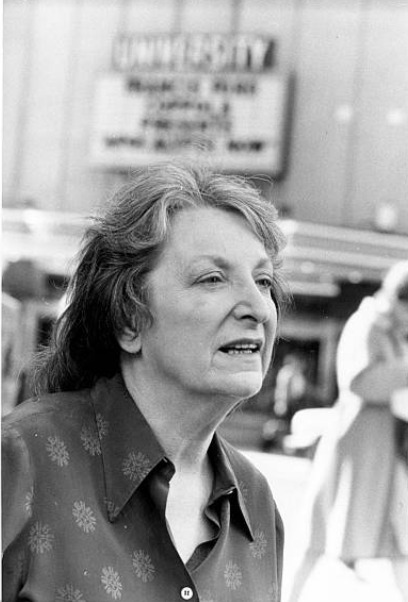



1966.
Pauline Kael versus Barry Gray.
6 notes
·
View notes
Quote
Movies are so rarely great art that if we cannot appreciate great trash we have very little reason to be interested in them.
Pauline Kael
17 notes
·
View notes
